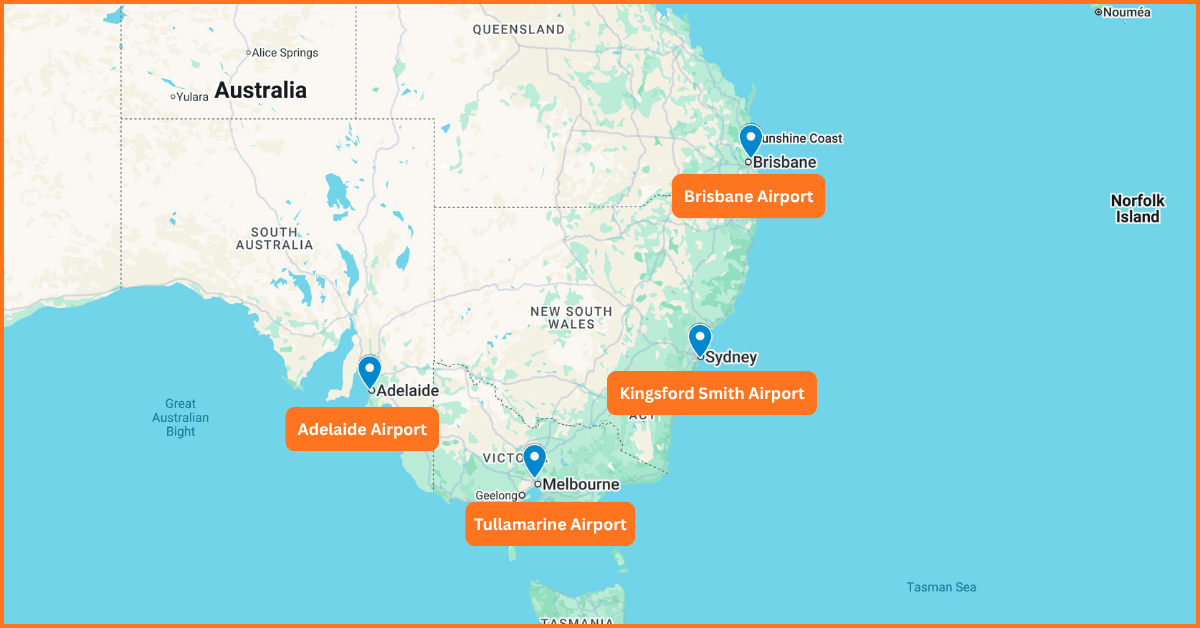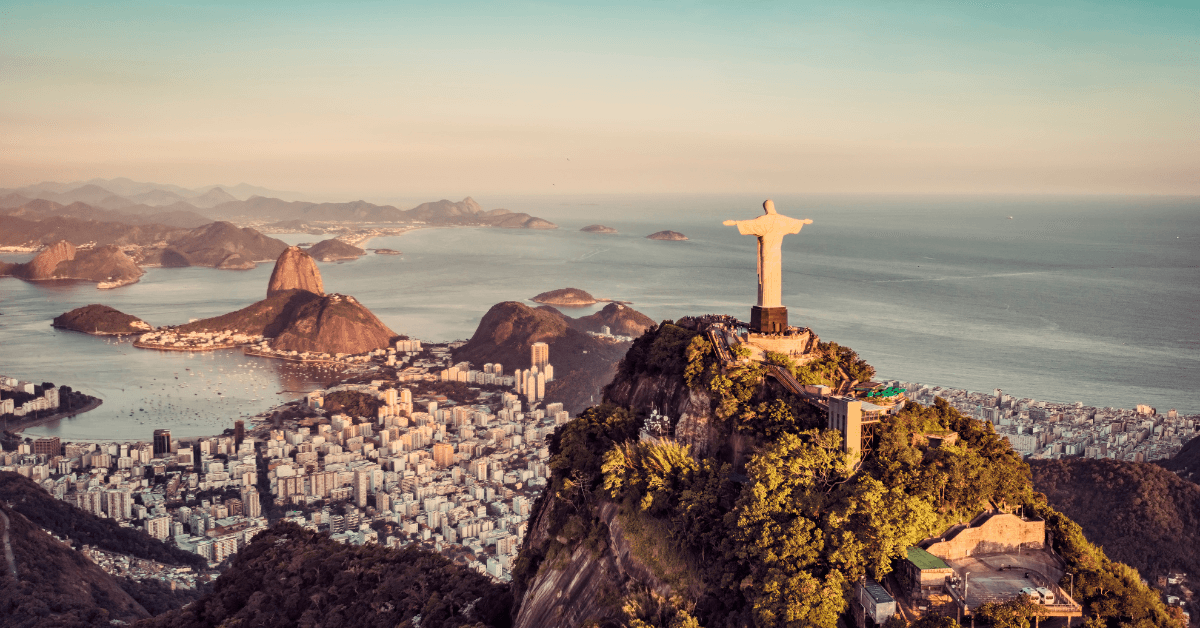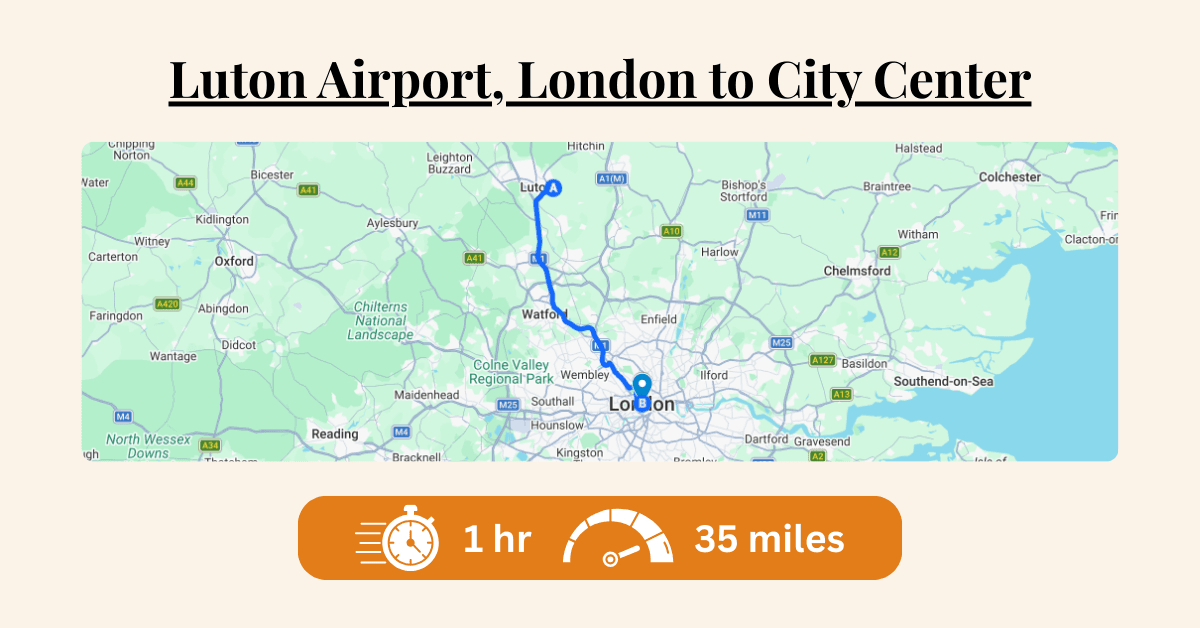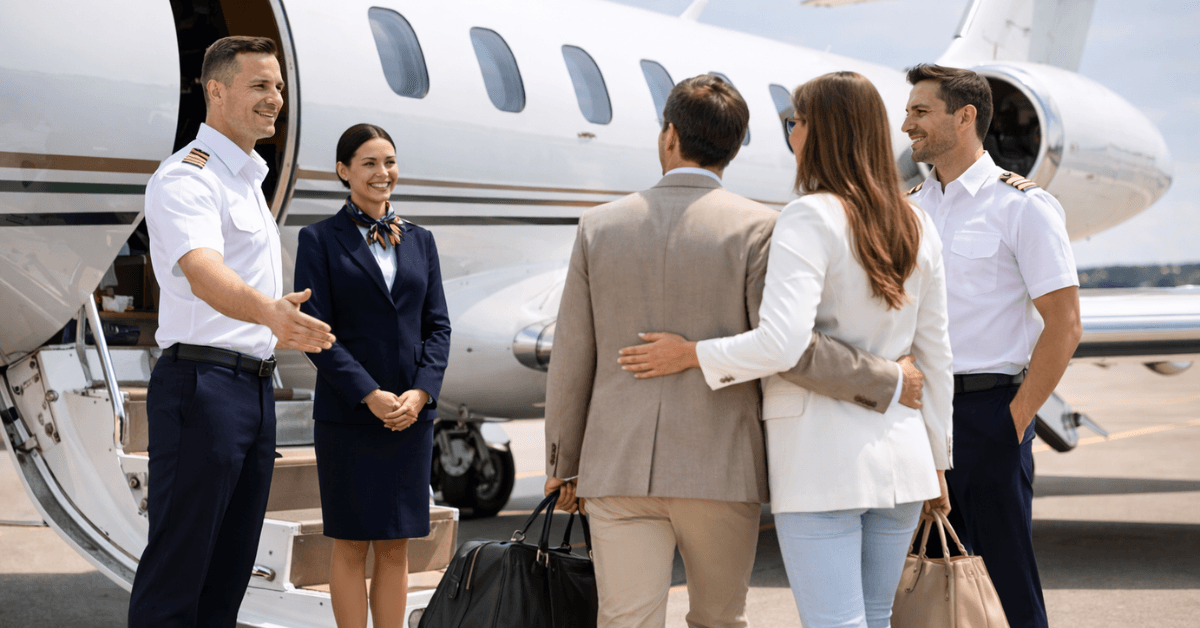For American crews, knowing the operational environment at each of Australia’s four key hubs – Sydney, Melbourne, Brisbane, and Adelaide – is paramount. With extensive experience in coordinating ground handling, permits, and customs, Icarus Jet enables crews to navigate through the operational complexities in the area to ensure every departure and arrival goes smoothly.
Operating in Australia: What to expect
All non-schedules and foreign activity are regulated by the Australian Civil Aviation Safety Authority (CASA). Permissions will generally be processed in five working days, and proper crew and passenger documentation should be included with every submission.
Customs, Immigration, and Quarantine (CIQ) arrangements will be applicable at all ports of entry, and off-terminal clearance, where possible, should be pre-arranged. Fuel supply is reliable nationwide but must be booked ahead. Large-cabin aircraft such as the Global 6000 may experience tanker limitations at certain airports. Parking and hangar access may be limited, especially when events are large, so forward coordination is recommended.
Icarus Jet’s trip-support team keeps track of these moving parts; permits, slot requests, CIQ schedules, so U.S. operators and pilots don’t have to; they can deal with the flight, not the paperwork.
Sydney (YSSY): Curfews, slots, and infrastructure
Sydney remains Australia’s busiest entry point for private aviation. The airport is technically open 24 hours, but a strict curfew from 23:00 to 06:00 local time limits non-scheduled operations. Slots are mandatory, and late requests are rarely accommodated during peak hours.
CIQ operations run from 04:00 through 00:00, with off-terminal clearance from 06:00 through 22:00. Arrivals beyond these timeframes must delay or divert.
Ground handling fees on a Global 6000 average USD 1,780 per movement, with additional international handling charges of USD 260 and departure tax in customs USD 70 per passenger. Quarantine inspection costs around USD 67 per 15 minutes, and waste removal between USD 300 per weight of the airplane.
Airport charges include landing USD 17 per 1,000 kg (MTOW) – about USD 714 on a 42-ton jet – plus general aviation parking that varies between USD 1,000 and 2,500 per day, dependent on length of stay.
The fuel is limited to 15,000 liters per truck, which demands staging when refueling the entire fleet. Parking is possible, although the hangar accommodation is small and must be requested in advance.
Nearby hotels, such as the Mantra, Stamford, and Moxy, have crew accommodation, as can catering – which can be tailored up to airport security grade. Integrated infrastructure is offered by Sydney, although curfew and slot control require precise planning.
Melbourne (YMML): Predictable turnarounds and access
Melbourne Tullamarine is one of the easiest Australian airports serving international business aviation. It is open 24/7 without any slot obligation, and apron parking is typically available.
For a Global 6000, handling will be around USD 1,268 per movement with worldwide service charges USD 257. Aircraft parking up to 100,000 kg is USD 325 every six hours, with the hangar charges quoted separately.
Airport and mandatory bio security charges include landing fee +20%, security charge +20%, passenger movement charge +20% above cost, along with quarantine USD 293 and health compliance USD 65.
The support services are inclusive: lavatory USD 163, water USD 98, GPU USD 260 per hour, stair truck USD 358, and crew transport USD 130.
While the airport is always open, crews must also refrain from CIQ shift-change gaps (0200–0600 and 1430–1600 local) when officers are not present. Fuel is made available around the clock via pre-arranged releases.
Airport hotels – Novotel, Mantra, Quest – offer convenience, while city hotels like the Crown or Hyatt are suitable on longer-term stays. Low slot congestion and streamlined customs clearances, Melbourne gives the smoothest operational experience among large-cabin jets.
Brisbane (YBBN): 24-Hour operations
Brisbane Airport supports 24-hour operations, although customs and immigration are not open from 23:00 to 05:00 local time, and schedule is paramount on international movements. Slots are needed and should be confirmed several days in advance.
The average handling on a Global 6000 is USD 1,780 per movement, international processing is USD 260 and terminal access is USD 250. The departure tax is USD 70 per person, quarantine inspection is approximately USD 65 every 15 minutes, and waste clearance is approximately USD 300.
Airport fees include landing USD 18.81 per 1,000 kg (MTOW), roughly USD 790 on a Global 6000, apron USD 8.34 per 1,000 kg. Jet parking between 40–100 tons is USD 182.63 per day. Fuel services operate efficiently when pre-booked; without advance notice, delays are common. Hangar space is limited but ramp parking for multi-day stays is available.
CIQ procedures need crew and passenger information 48 hours before hand, in accordance with ABF reporting regulations. Brisbane's accessibility and balanced infrastructural provision are reasons why the city is a suitable entry point for trans-Pacific arrivals.
Adelaide (YPAD): Smooth access without slot restrictions
Adelaide is a quieter but capable alternative for operators who desire streamlined procedures. It is open between 06:00 and 23:00, has curfew between 2300-0600, and, most importantly, is not slot restricted.
Handling for a Global 6000 is approximately USD 1,040–1,105 per movement, and parking on request is feasible. No fuel or COVID restrictions apply today.
Non-scheduled flight permits are issued through CASA, and these are generally obtained after giving five business days’ notice.
CIQ operations are synchronized by airport timings, and catering is taken through local vendors. Ground transportation, including hotels, is easily accessible in the vicinity.
Because of average traffic and normal procedures, Adelaide is appropriate as a short technical stop or alternative destination to busy east coast airports.
Your trip support partner
Every Australian airport has its own regulatory pace – curfews, slotting, fuel time, and CIQ windows differ as well. They all require comprehensive trip support as a prerequisite. Icarus Jet aligns all the operation’s stages: CASA and CIQ quarantine clearances, fuel pre-booking, ground handling, and checking hotels and catering. By aligning all the moving parts under one plan of operations, crews avoid the risks of last-minute changes or non-compliance.
FAQs
1. How far in advance should Australian landing permits be requested?
The non-scheduled permits should be brought at least five business days before arrival. Icarus Jet suggests submitting them beforehand to allow time-zone and document reviews.
2. What are representative handling fees for a wide-cabin aircraft such as the Global 6000?
Cost around USD 1,105–1,170 per transaction in Brisbane and Sydney, and USD 1,040–1,268 in Melbourne or Adelaide, plus CIQ, quarantine, and airport charges.
3. Is off-terminal customs and quarantine clearance possible?
Yes, but only at a limited number of airports such as Melbourne and Sydney, and limited hours a day. Advance requests are needed.
4. Which airports in Australia operate 24/7?
Melbourne and Brisbane are always open; Sydney and Adelaide are under curfew between local times of 2300 and 0600.5.
5. Why Icarus Jet for Australian trip assistance?
Icarus Jet assumes end-to-end coordination; permits, CIQ, fuel, and ground movement, simplifying intricate operations so that crews can confidently move between multiple Australian airports.




